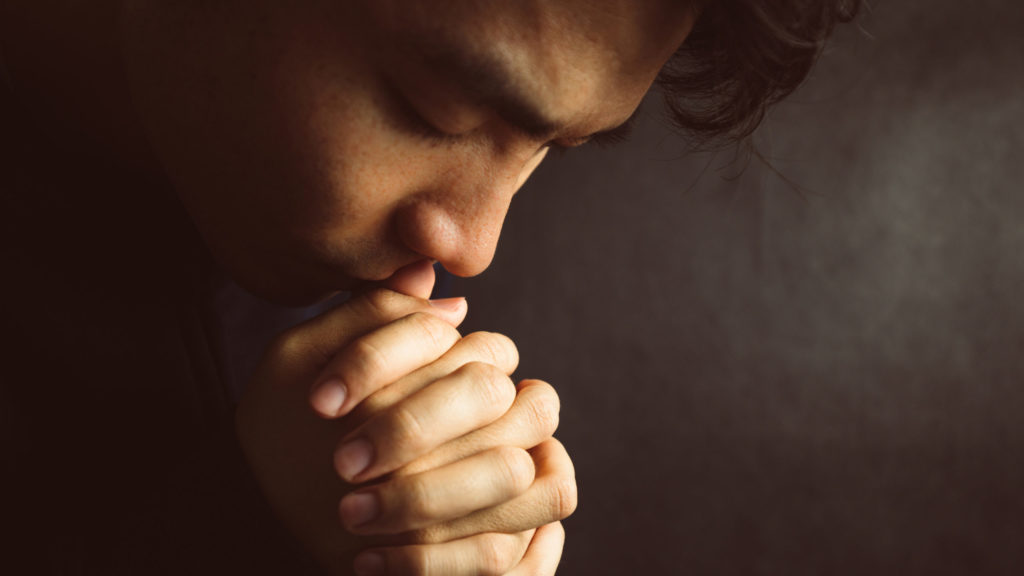The United States Catholic Conference of Bishops (USCCB) has announced the launch of a National Catholic Mental Health Campaign beginning Oct. 10, which is World Mental Health Day. The goal of the campaign is to raise awareness of mental health issues, help remove the stigma surrounding mental illness, and encourage those suffering to seek help.
Archbishop Borys Gudziak, chairman of the USCCB Committee on Domestic Justice and Human Development, and Bishop Robert Barron, chairman of the USCCB Committee on Laity, Marriage, Family Life, and Youth, wrote in a statement on behalf of the USCCB: “Despite its ubiquity, mental illness and mental health challenges often remain associated with embarrassment, shame, or guilt, which can prevent people from seeking and receiving help.”
“Such a stigma contradicts the compassion of Jesus and is contrary to the foundation of Catholic social teaching,” the bishops added. “As pastors, we want to emphasize this point to anyone who is suffering from mental illness or facing mental health challenges: Nobody and nothing can alter or diminish your God-given dignity.”
The campaign will begin with three major components: a novena, virtual roundtables, and advocacy for more resources “so that everyone who needs help can get help.”
The Novena for Mental Health, which starts on Oct. 10, is offered “in solidarity with those suffering from mental health challenges as well as health care professionals, family, and friends who are caring for people in need.”
The novena has a “Pray, Learn, Act” structure that, the bishops hope, will inspire more prayer, reflection, and action that can be taken to address the challenges associated with mental health.
Additionally, each day of the novena includes a reflection on a different theme related to mental health, such as removing stigmas, poverty, and suicide awareness; or a specific population affected by mental health challenges, such as families, children, and young adults.
The complete novena can be found on USCCB's website.
The virtual roundtables hosted by the USCCB will first start with bishops and then with other key Catholic leaders. The conversations will focus on how mental illness touches everyone’s lives, how to stand against the stigma, and how to discern actions that can be taken to help those in need.
Finally, the bishops urge all Catholics to advocate for bipartisan legislation that “address the severe lack of health care resources for prevention and treatment of mental health conditions.”
Gudziak and Barron concluded with a prayer:
“We pray for the intercession of St. Dymphna and St. John of God, the patron saints of persons experiencing mental illness, as well as St. Luke, the patron of health care, that our work will bear great fruit for such a critical inflection point in our culture today. May the Lord, the Divine Physician, give aid and comfort to all who are suffering, inspire communities to offer greater support to the sick, and grant wisdom to policymakers so that everyone who needs help can get help.”

